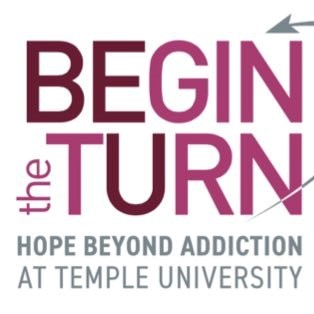A community-based outreach and mobile care recovery program in urban Philadelphia serves people with addictive disorders
Developed by the Center for Urban Bioethics at Temple University in Philadelphia, Begin the Turn provides mobile outreach and recovery services in an urban area for those with addictive disorders and at risk for overdose. It is intended to make opioid use disorder (OUD) treatment and recovery resources more available to traditionally underserved populations, helping to reduce health disparities. The multidisciplinary outreach team consists of three physicians (one the program director), three outreach workers with lived experience in addiction, a case manager, and a program coordinator. Services include harm reduction education, counseling, case management, and buprenorphine treatment for OUD, and are provided in a van that houses a waiting room, clinical and counseling areas, and a bathroom. Medical care is also available for skin infections and other conditions resulting from injection drug use. Program participants are linked to treatment and social services essential to beginning and maintaining recovery.
Although not yet formally evaluated for outcomes, implementation evaluations (here and here) suggest that the program is reaching the intended target population, providing them with low barrier access to critical services that were formerly out of reach and difficult to navigate. A news story interviewing the program director is available here.
Understanding the critical needs of the community is key in developing a program that will have maximum impact.









